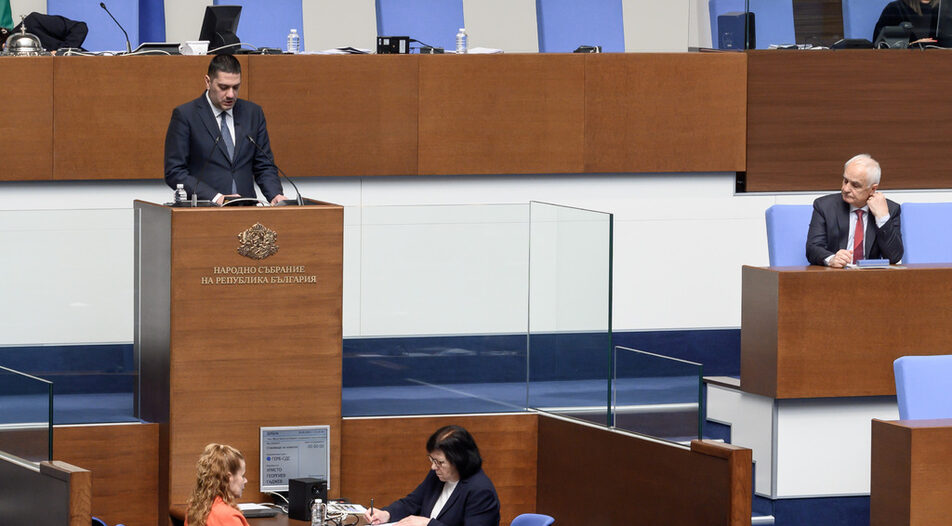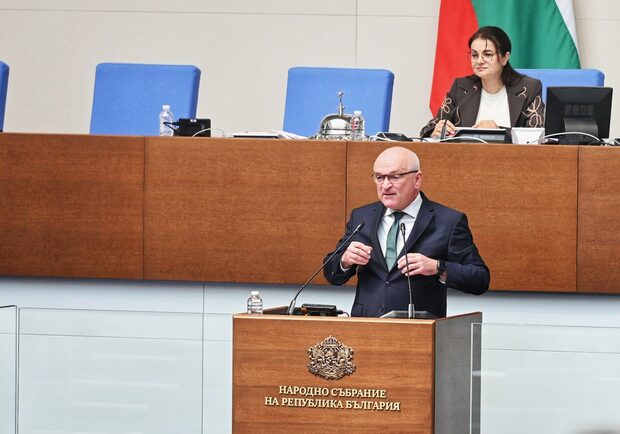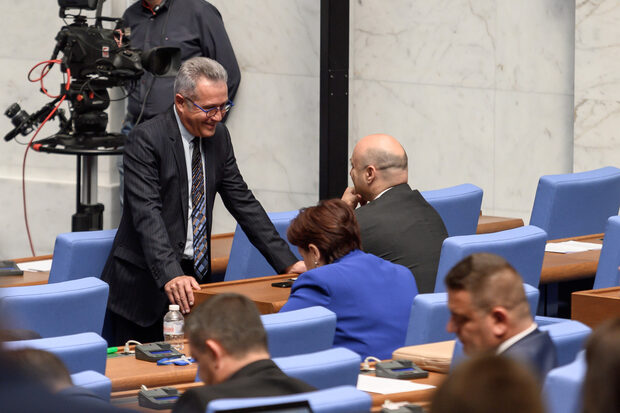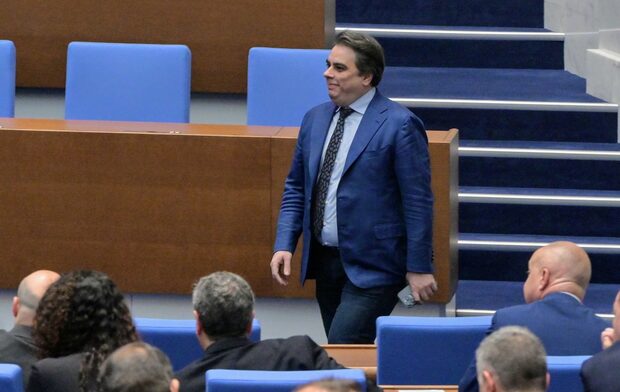GERB rejects alliance with WCC-DB but keeps door open for MRF
GERB doesn't want WCC-DB but is not giving up on MRF. WCC-DB will not cooperate with MRF but is not excluding negotiations with GERB. MRF, on the other hand, sees itself as an intermediary but rejects WCC-DB. This summarizes the outcome of yesterday's removal of the parliamentary chairman Rosen Zhelyazkov and how it will influence discussions between the parties after the early elections in June.
Although just two months ago GERB and WCC-DB were governing together, albeit without a coalition agreement, this now seems impossible, at least according to their representatives. Zhelyazkov's removal can be seen as the culmination of their relationship breakdown, but the constant inclusion of MRF in discussions about post-election governance underlines its role in any potential future negotiations.
Most teenagers plan to study in university
More than two-thirds (71%) of 15-year-old students in Bulgaria plan to pursue higher education. This, however, is below the average for their peers in the countries of the Organisation for Economic Co-operation and Development (OECD), where 84 percent intend to pursue higher education.
The data is from a study by the OECD of 15-year-old students. The same survey showed that
less than half of Bulgarian students expect to take on managerial or skilled work positions, which is below the average for all surveyed countries - 57%.
Transport Minister signs contract for double-decker trains
Minister of Transport and Communications Georgi Gvozdeykov and the management of Polish company Stadler Polska Sp. z o.o. have signed the contract for the delivery of 7 double-decker trains, which will be purchased with funds from the Recovery and Sustainability Plan, the Ministry of Transport revealed today.
The contract is valued at 300 million levs, with a delivery period of 26 months. It includes an option for the delivery of an additional 3 trains with funding provided by the end of the contract period. The contractor is also required to provide 15 years of maintenance for the trains and training for the operational staff.
The trains can travel at speeds of up to 160 km/h and will be operationally compatible with the European rail network.
GERB rejects alliance with WCC-DB but keeps door open for MRF
GERB doesn't want WCC-DB but is not giving up on MRF. WCC-DB will not cooperate with MRF but is not excluding negotiations with GERB. MRF, on the other hand, sees itself as an intermediary but rejects WCC-DB. This summarizes the outcome of yesterday's removal of the parliamentary chairman Rosen Zhelyazkov and how it will influence discussions between the parties after the early elections in June.












